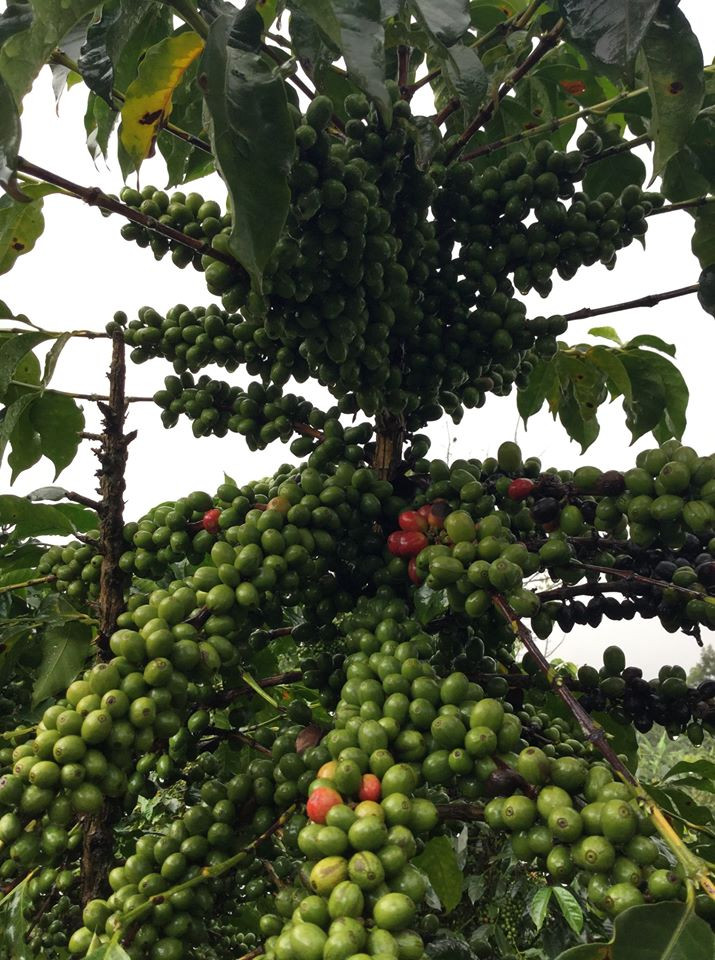By Francis Muriuki
As they wait to be debated in Parliament, the proposed coffee laws in Kenya are raising more heat than light.
The regulations prepared by the Agriculture and Food Authority and christened Coffee General Regulations 2019 are aimed at strengthening the lucrative sector by introducing stringent rules.
Some stakeholders have raised the red flag that the proposals are not farmer-friendly, therefore, should be opposed but others are supporting them, noting they are what the sector needs.
To begin with, the laws propose the prohibition of movement of coffee without a permit to curb theft.
Second, the proposed regulations want farmers to get 80 per cent of their gross earnings while marketers and millers the rest - 20 per cent.
Third, the laws want the creation of a Sh3 billion Cherry Advance Revolving Fund from where farmers can borrow at 3 per cent interest rate to facilitate their businesses.
Fourth, coffee cooperatives under the new laws will have to submit audited annual reports to the Agriculture Cabinet Secretary within six months after the year ends to promote good governance.
Many farmers say they did not participate in the making of the laws through public participation as required by the constitution, but looking at most of the proposals, they are radical enough to transform the sector.
One of the contentious proposal is the introduction of Direct Settlement Scheme (DSS), where proceeds from coffee sales will be remitted directly to farmers as opposed to the current system through cooperative societies, which play a key role in the industry.
This proposal looked at critically is a doubled edged sword as the system could lead to the death of farmers’ cooperative societies.
While farmers would benefit as they will get their money faster, it is not clear who would pay commercial banks that will provide the direct settlement system services.
Again, with many cooperatives still operating under manual system, the new provision on direct payment requires them to invest in technology to modernise their operations including weighing machines, farmers’ records and coffee quantities lest they lose business to banks.
The regulation that prohibits movement of coffee without an original permit must be lauded as this will tame rogue brokers and runway theft of coffee that dogs the industry.
Critics of the laws note that the country is gearing towards full liberalisation of all sectors of the economy but surprisingly the new rules introduce monopoly through the back door in the sale of the coffee at one exchange where all activities are concluded at the floor of the exchange, a feat that might cause more confusion.
While this appears disadvantageous for farmers, the use of the exchange promises better earnings as it has worked in other sectors like the flower industry, guaranteeing producers good earnings especially when demand is low.
The use of the exchange will also enhance traceability of coffee and curb theft.
Through the exchange, farmers will also be able to get real-time information on the value of their crop in the global market
But as the government moves to streamline the sector, it is noteworthy that some of the people at the helm of the revamped New KPCU are the ones responsible for the mess in the industry.
These people should be vetted and those responsible for the ills in the industry kicked out to restore confidence among farmers.
Farmers should also be paid their outstanding dues running into millions of shillings.
The government should aggressively market the local produce abroad, going beyond the “aroma” aspects of our coffee. It is time we sell the Kenyan coffee abroad as a brand.
You want to write such opinion article for Mkulima Young? Express your interest here
You want to write such opinion article for Mkulima Young? Express your interest here
The writer is an agriculture journalist

